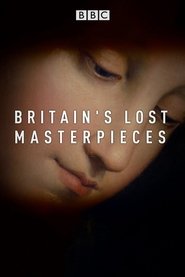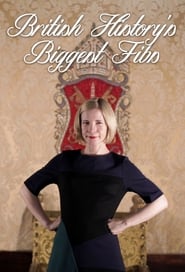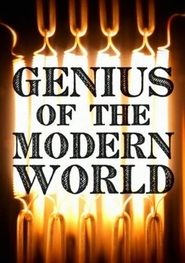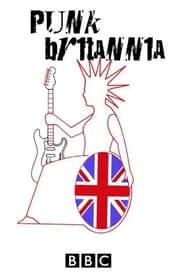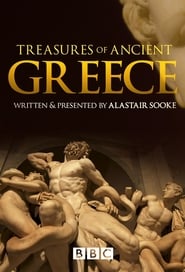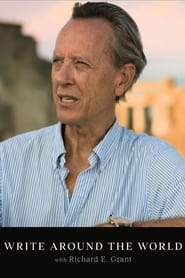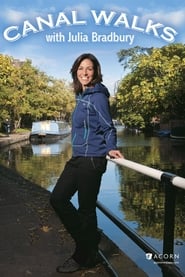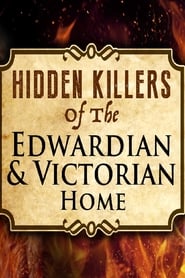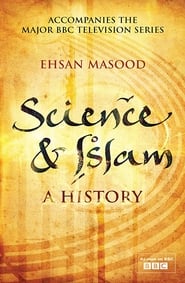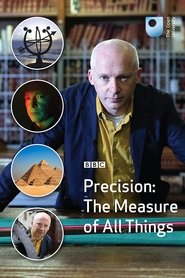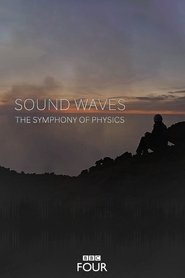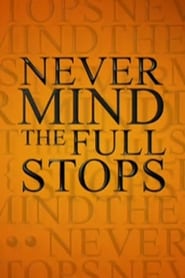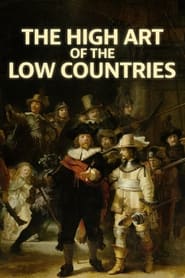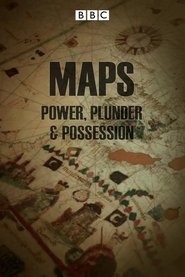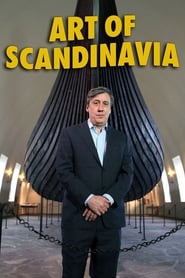Bbc Four TV Series - Page 9
-
Britain's Lost Masterpieces
2016
Series tracking down lost, hidden, and misattributed paintings from local museums and galleries across Britain. -
British History's Biggest Fibs with Lucy Worsley
2017
star 6.5Lucy Worsley explores how British history is a concoction of fibs and stories manipulated by whoever was in power at the time. -
Genius of the Modern World
2016
star 7.4Historian Bettany Hughes retraces the lives of three great thinkers whose ideas shaped the modern world - Karl Marx, Frederick Nietzsche and Sigmund Freud. -
Punk Britannia
2012
star 7.5A brand new take on the most transformative force in British popular music history. -
Treasures of Ancient Greece
2015
star 7Alastair Sooke explores the riches and unique legacy of Greek art. -
In and Out of the Kitchen
2015
Damien Trench is a neurotic cookery writer, living in Queen's Park with his partner, Anthony. The show focuses on Damien and everything that happens to him both in and out of the kitchen, 'no matter how grizzly, or indeed, how gristly', as he writes his latest book, a diary of his life and culinary habits called In and Out of the Kitchen. Each episode follows a few days in the life of Damien and his partner Anthony, their seemingly ever-present builders Mr Mullaney and Steven, and Damien's terrifying agent Iain. Damien longs for a quiet life contemplating good food but also longs for perfection in all things, and his life has a habit of never quite working out the way he wants it to. While Damien's recipes always go to plan, his life never does... -
Write Around the World with Richard E Grant
2021
Richard E Grant packs his clothes and a bag of books and travels to the locations authors have fictionalised to gain a sense of the places that inspired their novels. -
Canal Walks with Julia Bradbury
2011
Julia Bradbury dons her walking boots to explore her own British backyard, travelling along the country's network of canals and their accompanying towpath trails. -
Pain, Pus and Poison: The Search for Modern Medicines
2013
star 8In this "entertaining medical series" (The Sunday Times, U.K.), Dr. Michael Mosley shows how drugs have revolutionized medicine and changed the course of human history. Unfolding over a period of 200 years, it's an extraordinary tale of daring, self-experimentation, revelation, genius, and outright luck. -
Hidden Killers
2013
-
The Brain: A Secret History
2011
Michael Mosley embarks on three journeys to understand science's last great frontier - the human mind - as he traces the history of the attempts to understand and manipulate the brain. -
Precision: The Measure of All Things
2013
star 7.1Precision: The Measure of All Things is a three-part British television series outlining aspects of the history of measurement. It was originally aired in June 2013 on BBC Four. The series comprised three programmes: Time and Distance; Mass and Moles and Heat, Light and Electricity. -
Never Mind the Full Stops
2006
star 8Never Mind the Full Stops is a British television panel game based on the English language, its idiosyncrasies, and its misuse. It is hosted by the British actor, author and Oscar-winning screenwriter, Julian Fellowes. Each episode lasts 30 minutes. The series was filmed in March 2006 at Channel 4's studios in Horseferry Road, Westminster. It was originally broadcast on BBC Four, and aired on BBC Two from 9 October 2006. Two teams of two people are faced with various questions and challenges concerning English grammar, spelling and usage. The show is divided into rounds, with themes such as identifying the famous author of a badly spoken sentence and correcting the punctuation in a written sentence. There is also a quick-fire round with questions such as "What is a malapropism?" Points are awarded throughout the show to determine the winning team. Each show starts with the host giving a 'difficult-to-spell' word and an example mnemonic to help remember that spelling, and by the end of the show the panellists have -
The High Art of the Low Countries
2013
This 3 part series is presented by the British Art Critic, Andrew Graham-Dixon. He explores the Low Countries of the Netherlands and Belgium and how history has influenced the area's art, architecture and culture. Cloth was used in the area's first expression of art in the making of tapestries going back to the 14 th century. They were the No. 1 luxury item of the day. The Low Countries were well placed geographically for markets for their art. -
Maps: Power, Plunder and Possession
2010
Map expert Professor Jerry Brotton uncovers how maps aren't simply about getting from A to B, but are revealing snapshots of defining moments in history and tools of political power and persuasion. -
An Islamic History of Europe
2009
Rageh Omaar visits Spain, Sicily and France to discover the history of Islam in Europe -
Art of Scandinavia
2016
star 10Andrew Graham-Dixon explores the history of Scandinavia through its art.
